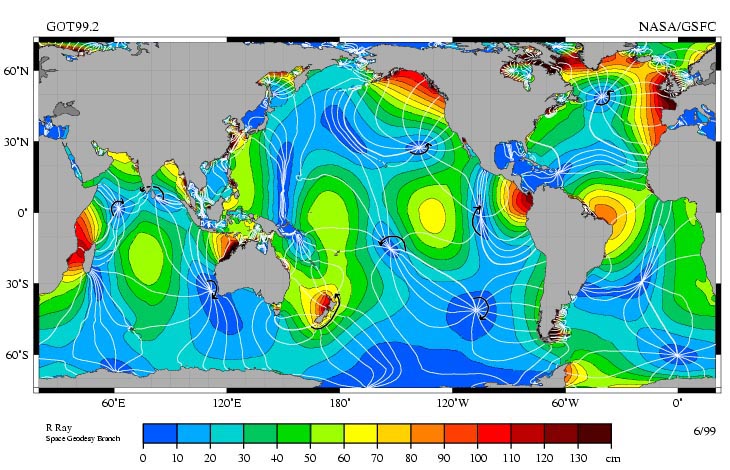
Temperature record: Exceeding established limits
On Monday, the global average temperature reached 17 degrees Celsius, surpassing the previous record from August 2016. However, this record did not last long, as on Tuesday temperatures continued to rise, reaching 17.2 degrees Celsius.
The danger of greenhouse gas emissions
These new highs reflect the extreme summer experienced in the northern hemisphere in 2023, while highlighting the lack of significant progress globally in reducing greenhouse gas emissions. This week’s record-breaking global temperatures are a stark warning about the dangers associated with rising greenhouse gas emissions generated by burning fossil fuels.
An ephemeral record and its impact
According to data provided by the National Centers for Environmental Prediction, the global average temperature exceeded the threshold of 17 degrees Celsius last Monday, thus breaking the previous record of 16.9 degrees Celsius recorded in August 2016. However, this new record only stood for one day, as on Tuesday temperatures soared even higher, reaching 17.2 degrees Celsius.

Slow progress in reducing emissions
These temperature records highlight the slow pace of global progress in reducing greenhouse gas emissions. As temperatures continue to break records, it is clear that faster and stronger action is needed to address climate change.
Global impacts of extreme heat
This summer’s extreme heat has put millions of people around the world at risk. China is experiencing a new scorching heat wave, just two weeks after record-breaking temperatures in Beijing. In addition, extreme heat in India last month has led to deaths in some of its poorest regions. Other parts of the world, such as Texas and northern Mexico, as well as the United Kingdom, have also seen unprecedented heat.

El Niño’s role in rising temperatures
The presence of the El Niño weather phenomenon in the tropical Pacific, after seven years of absence, is contributing to the increase in global temperatures. According to the World Meteorological Organization, the occurrence of El Niño is expected to greatly increase the likelihood of breaking temperature records.
The urgent need for climate action
The Intergovernmental Panel on Climate Change report has made it clear that the world is heading toward global warming of more than 1.5 degrees Celsius in the short term. Current efforts on climate action are still insufficient. It is crucial to reduce global greenhouse gas emissions by 60% below 2019 levels by 2035, as recommended by the report.

Call to Action
António Guterres, the UN secretary-general, has urged nations to quickly accelerate plans to phase out the use of fossil fuels. With the next annual UN climate summit, COP28, scheduled to take place in Dubai later this year, attention is expected to focus on the state of efforts to limit global warming. However, expectations are low as to the possible outcomes, as the latest preparatory meeting for COP28 left diplomats disappointed by disputes between countries and the lack of ambition shown by the UAE, the host country.
For more articles like these click here









